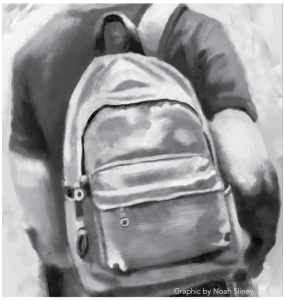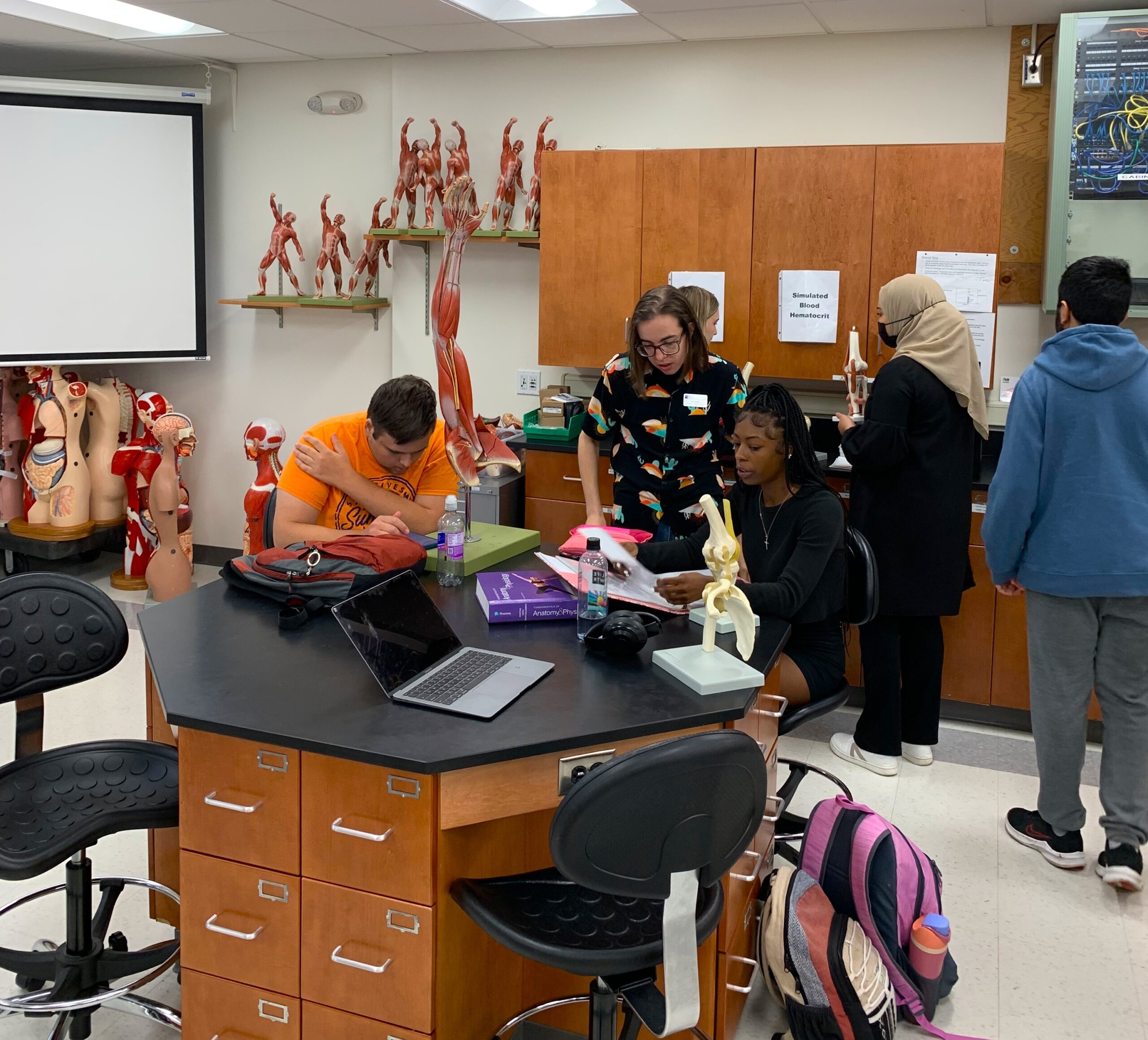Meramec political science professors weigh in on how Trump-era policies will affect studentsSTEPHEN BUECHTER
Staff Writer
The Trump Administration is not student-friendly, according to Meramec political science professor John Messmer, Ph.D.
With the GOP tax plan just recently instated, the effects of the bill have yet to be felt. According to The Washington Post, the tax bill will lower taxes for most Americans until 2025, when the individual benefits expire, at which point only the richest Americans and corporations
will benefit.
According to Time Magazine, students and educators could “breathe a sigh of relief” after Dec. 15, 2017, when Republican House and Senate leaders agreed to scrap policies that would have drastically changed tuition benefits. The House version of the bill, for example, eliminated a benefit that offset interest paid on student loans. The final bill kept the deduction intact.
Despite the worst student provisions being scrapped in the move from House to Senate versions of the bill, Messmer said the tax cuts Congress has passed could lead to even more cuts in public education spending.
“College students are going to be in debt,” Messmer said. “They’re going to hope to find some kind of relief when it comes to their debt, and yet when the government starts to take in less revenue, that means they have higher debt, so there’s going to be more pressure for them to cut spending.”
According to Messmer, the benefits to college students would be based on companies and others spending money on a local scale “trickling down” to students, but that such a policy is “not…to be
taken seriously.”
While Messmer said that Trump’s administration “talked a good game during the campaign”, he believes that promises Trump made relating to college were made because they “played well” in an election season where Bernie Sanders was a contender.
Emily Neal, Ph.D and associate professor of political science, said that Trump’s policy need to be judged by actions and not statements.
“To me, it really doesn’t matter what he says; I want to see what actions he takes to support students. And, to me all the actions that he has taken with regard to education demonstrates that he doesn’t have support for students,” Neal said.
According to Neal, Betsy Devos’ appointment as Secretary of Education was a prime example that Trump has no intention of carrying through with his promises.
“The Devoses made their money through the student loan game,” Neal said.
The administration has considered “clamping down” on student loan payments, said Neal, and ththere has been talk that the Department of Education was previously “too lenient” in ensuring the payment of student loans.
Neal said that cuts to the Department of Education could impact the quality of professors and teachers hired in schools and colleges. It could also affect whether or not updated materials are available for use in classes and cause an increase in class sizes.
Messmer agreed, saying that increased class sizes and faculty cuts are examples of the effects of decreased funding for higher education.
STLCC has experienced this effect firsthand, when cuts to Missouri’s higher education slashed STLCC’s core funding by nearly $5 million. 58 full-time faculty were reduced as a result, although that number has been somewhat mitigated by some taking advantage of the Voluntary Separation Incentive Payment, which encouraged early retirement with financial compensation.
Gov. Eric Greitens has since proposed another similar cut to Missouri’s higher education funding, which could eliminate another sizable chunk from STLCC’s core funding. Chancellor Jeff Pittman has said that the results of this continued budget strain will likely be passed on to students in the form of tuition hikes.
Although education is primarily a state issue, said Messmer, there just isn’t a political will to do anything other than cut funding to education.
“Republicans and Democrats came to an agreement in the 1960s that higher education was one of the only tickets people have to move out up in the economy,” said Neal. “As this continues forward, they’ll just continue to leave schools chronically underfunded, so again it disproportionately affects middle class and working class people. So, those who orchestrated the tax plan are some of the people least likely to experience the deleterious effects of that tax plan.”











